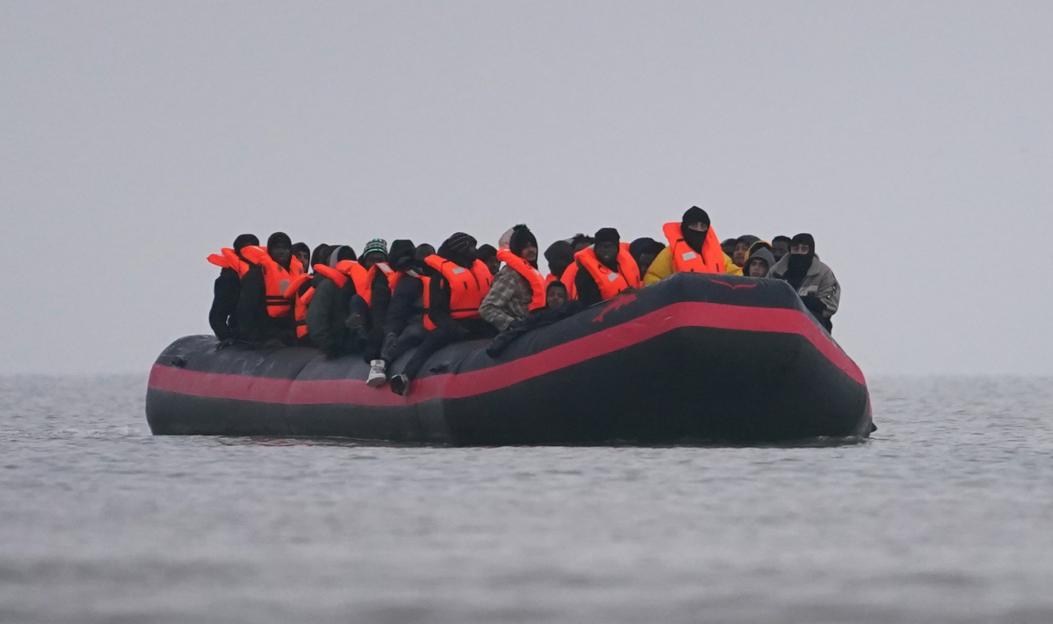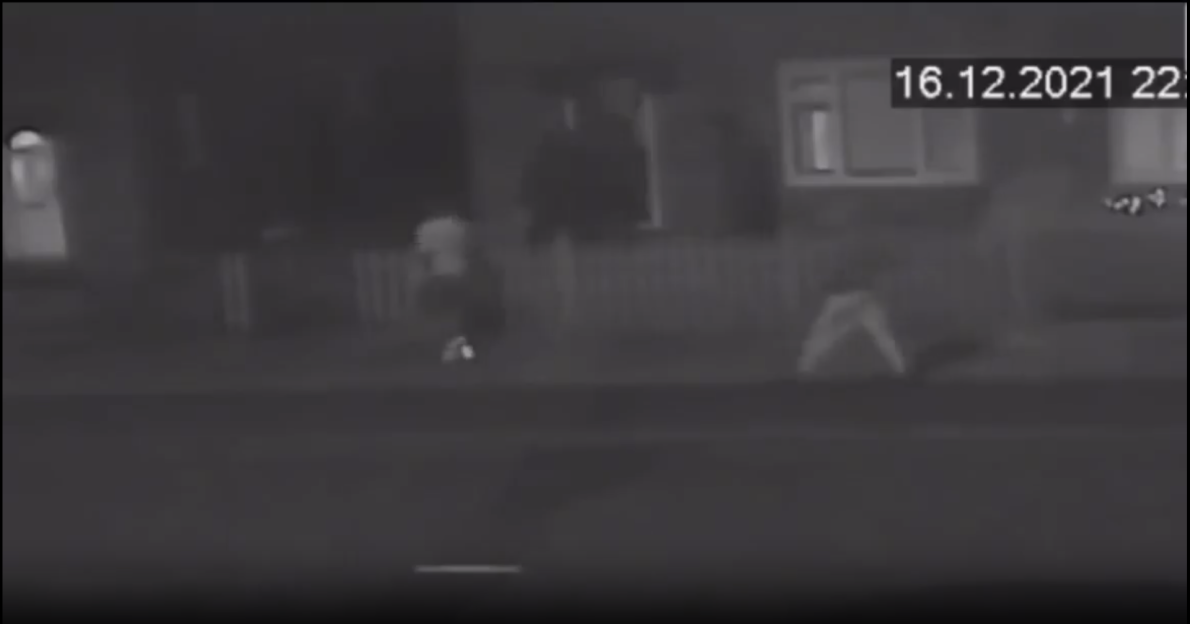SPAIN’S holiday islands have hit breaking point with the near-daily arrivals of small-boat migrants, officials say.
Locals on Mallorca, Ibiza , and Tenerife among others are at their “wits end” and have begun rebelling, according to island governments.
 One video captured the moment migrants arrived on a beach in Majorca
One video captured the moment migrants arrived on a beach in Majorca
 They ran up the packed beach among sunbathing holidaymakers
They ran up the packed beach among sunbathing holidaymakers
 A migrant boat arriving on Spain’s shores
A migrant boat arriving on Spain’s shores
Migrants, mainly from Africa , have been washing up on the Balearics and the Canary Islands virtually every day – with 4,700 arriving to Mallorca, Ibiza and Formentera this summer.
The UK has been battling a similar problem, with more than 50,000 migrants arriving on our beaches this year.
The Balearic Islands are the “main gateway” for migrants moving up into the continent, according to the islands’ president, suggesting some of them could go on to reach Britain.
Mallorca’s south coast is known as a “graveyard” for the abandoned boats – amid an ongoing dispute over who should dispose of them.
Islanders who work at sea complain the beaches are littered with wrecks.
One local said: “Mallorca cannot continue to ignore this double tragedy – human and environmental – that is taking place in silence in one of its most fragile and protected areas.”
President of the Balearic government, Marga Prohens, said the wave of immigration into the Balearic Islands is “alarming”.
The majority come from Algeria, and 1,500 have arrived in August thus far alone.
Prohens said: “The situation is getting worse every day and has no sign of a solution.
“The Government of Spain has a serious problem when it is not able to protect its own borders.”
Spain recently ruled that the islands must accept some migrant children.
Unaccompanied minors are distributes around the islands, and the local authorities are responsible for looking after them.
But Prohens explained camps are already full to bursting and running at more than 1,000 percent over capacity.
She has pleaded with the Spanish government to suspend the ruling for safety reasons and plans to launch an appeal in the Supreme Court.
The local leader said: “We will resort to all the means at our disposal to avoid the imposition of this distribution that we cannot assume in conditions of dignity and humanity.”
Prohens came together with her fellow presidents from Mallorca, Menorca, Ibiza and Formentera to carve out a “legal strategy” to appeal the government’s new ruling.
The Spanish government is expected to give the green light for the process to continue in a decision on Tuesday.
But the Balearic government and councils will again make the call to “strengthen the fight against the mafias that traffic immigrants”.
 Men can be seen running past holidaymakers’ sunbeds on this Spanish beach
Men can be seen running past holidaymakers’ sunbeds on this Spanish beach
 A group swam from a boat onto the sand before running off
A group swam from a boat onto the sand before running off
They say an obvious step is to bolster the state security force on the islands – which currently have 600 vacancies, according to the unions.
And they want Spain to try the “diplomatic route” with Algeria to control the flow of illegal migrants.
The Canary Islands remain the main gateway to Spain.
So far this year, 11,883 migrants have arrived on the coasts of the archipelago.
While the Balearic Islands have taken in 680 migrant children, the Canary Islands are looking after more than 5,600.
The Director General of Child and Family Protection in the Canaries, Sandra Rodríguez, said a national emergency should be declared.
Marga also pointed to another threat.
She cited a Frontex report warning of the danger of “people with potentially malicious intentions” entering the EU in boats via the Balearics and “possibly becoming involved in criminal activities”.
The president is adamant that Ibiza and Formentera cannot “face a crisis of this magnitude alone”.
Ibiza’s president, Vicent Marí, said: “As much as we ask for help, we are alone looking for spaces, hiring services and allocating about three million euros to deal with this situation.
“This constant increase in the pressure on care translates into a burnout of technical and educational teams.”







